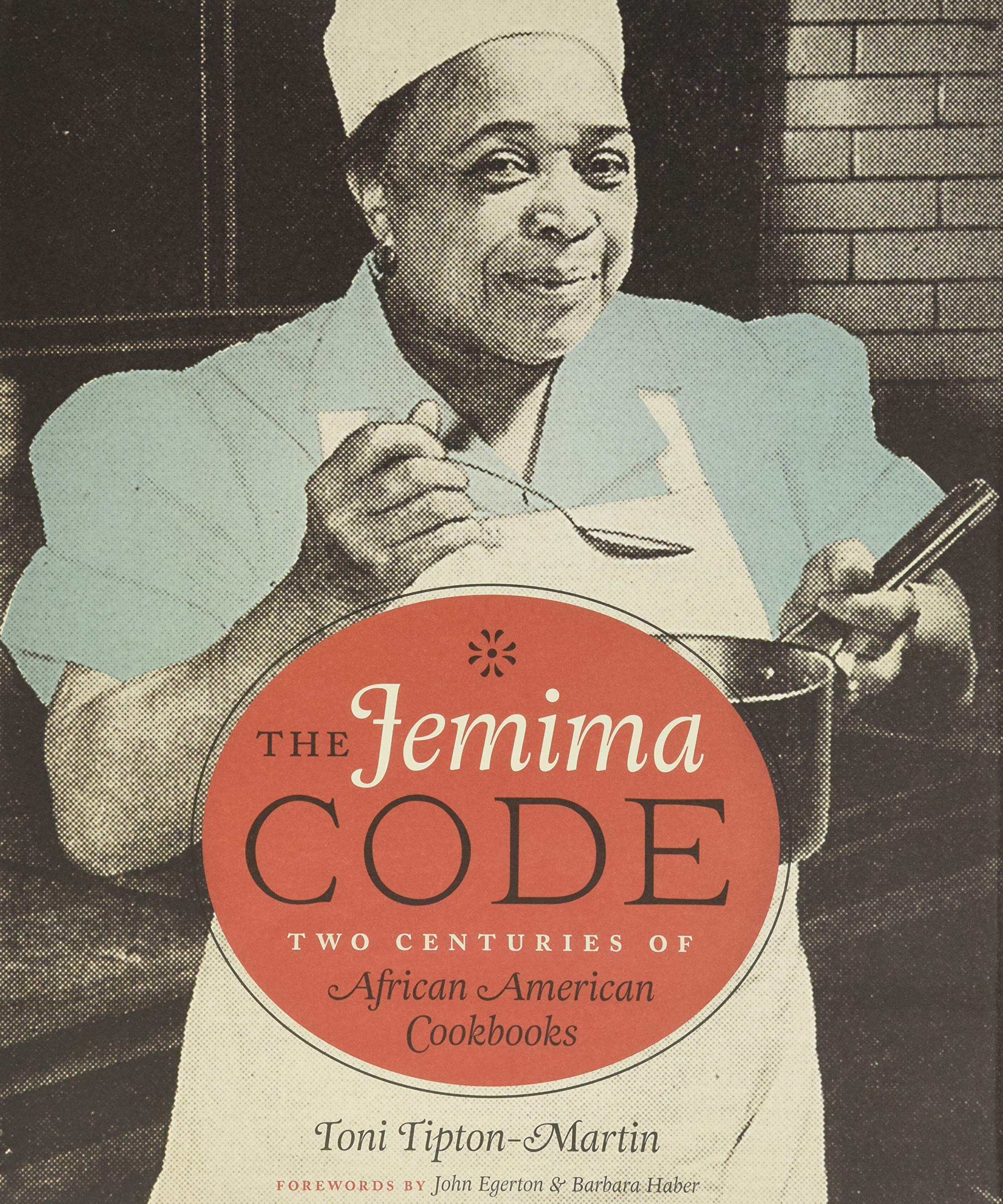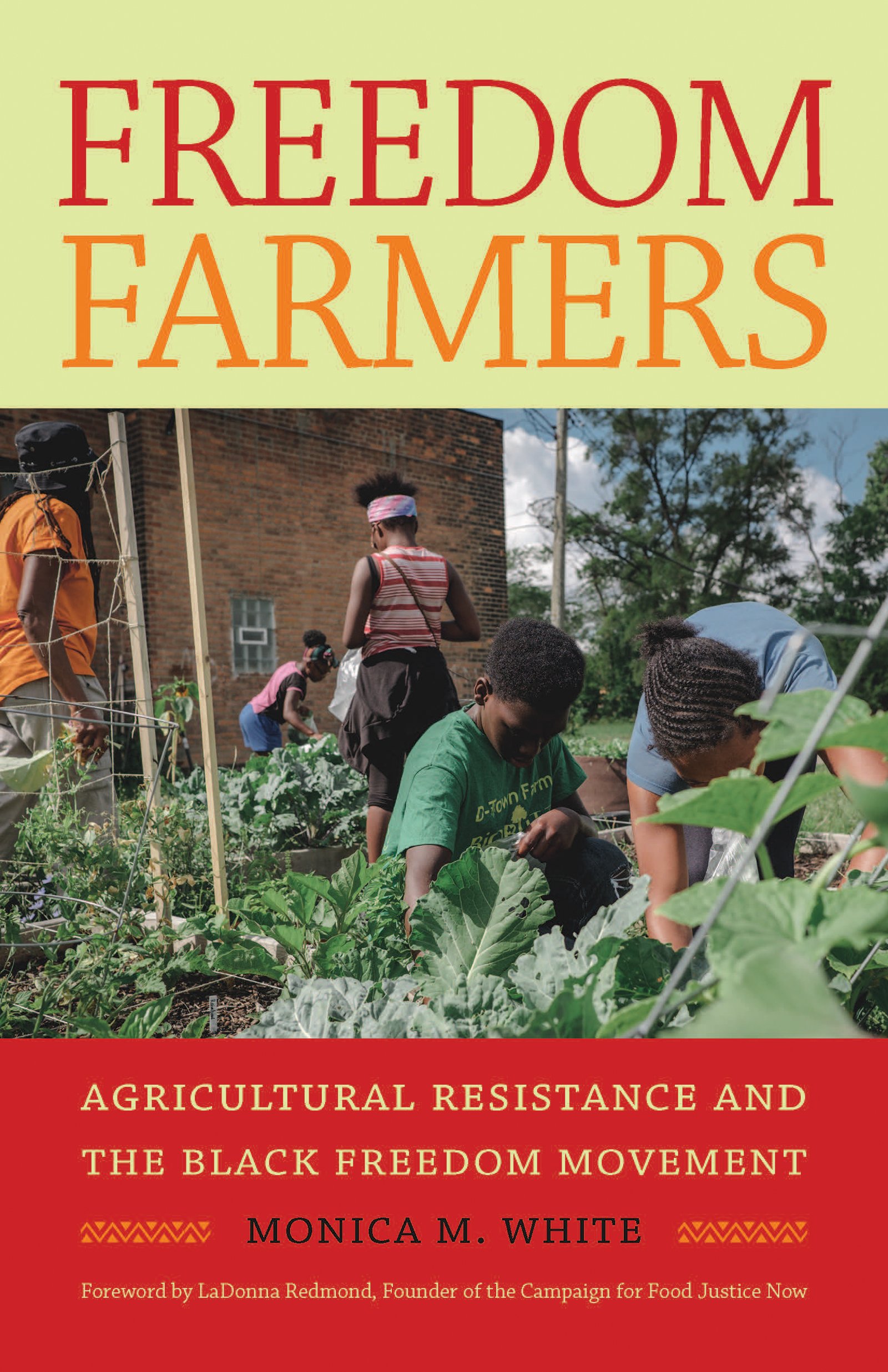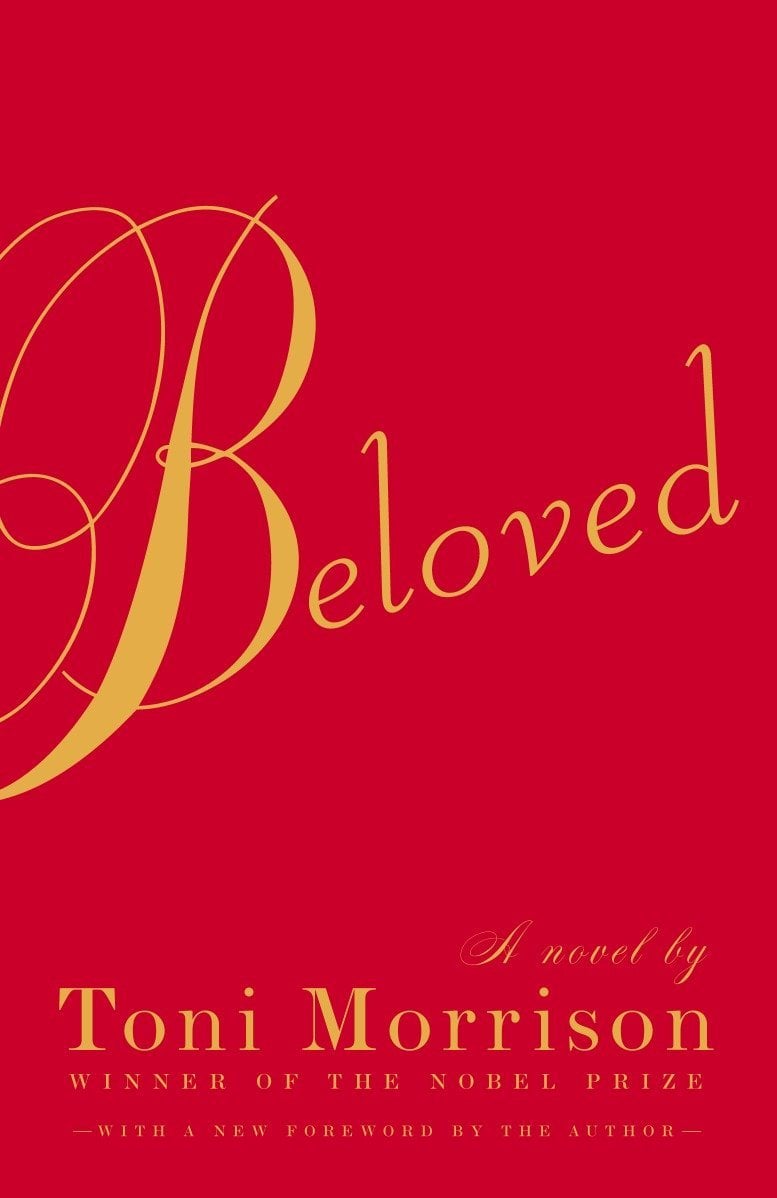Food justice and racial justice are at the core of WhyHunger’s mission to end hunger and support prosperous, sustainable and nourishing lives for all. Join us this #BlackHistoryMonth to celebrate the impact and vibrancy of Black literary contributions to our understanding of food justice and race in the United States. Here are some of our favorite books by Black authors with ideas that shaped the way we see the movement for food & racial justice.
 Farming While Black: Soul Fire Farm’s Practical Guide to Liberation on the Land
Farming While Black: Soul Fire Farm’s Practical Guide to Liberation on the Land
by Leah Penniman
An empowering guide for aspiring African-heritage growers to redefine their relationship with agriculture and for others looking to learn more about the contributions of African-heritage communities to our food system and the effects of land dispossession.
 The Cooking Gene: A Journey Through African American Culinary History in the Old South
The Cooking Gene: A Journey Through African American Culinary History in the Old South
by Michael W. Twitty
A memoir written by a mixed-race culinary historian unearthing his ‘Black and white’ ancestry through the lens of food and Southern cuisine. The book discusses the power of food as source of a healing.
 Collective Courage: A History of African American Cooperative Economic Thought and Practice
Collective Courage: A History of African American Cooperative Economic Thought and Practice
by Jessica Gordon Nembhard
This book provides a close historical account of how economic justice and cooperative ownership have benefitted Black communities during the Civil Rights movement and what this means for social justice movements today.
 Black Food Matters: Racial Justice in the Wake of Food Justice
Black Food Matters: Racial Justice in the Wake of Food Justice
by Hanna Garth, Ashanté M. Reese
Racial inequities in the food system leave Black communities without access to nutritious food and other resources necessary for them to flourish. This book features a compilation of essays written by BIPOC authors on Black food culture and values throughout history in the development of Black cuisine and culture.
 The Jemima Code: Two Centuries of African American Cookbooks
The Jemima Code: Two Centuries of African American Cookbooks
by Toni Tipton-Martin
An amassment of over 150 cookbooks written by Black contributors, this book aims to break down the demeaning image of “Aunt Jemima” as a stereotype for Black food by exploring the roots of Black contributions to America’s culinary scene and discovering their “culinary wisdom and cultural authority.”
 Freedom Farmers: Agricultural Resistance and the Black Freedom Movement
Freedom Farmers: Agricultural Resistance and the Black Freedom Movement
by Monica M. White
Inspired by Fannie Lou Hamer’s 1967 ‘Freedom Farms Cooperative’ – a community project bringing together local agricultural and domestic workers to create a self-reliant space to organize and support their well-being – this book explores how agriculture can be transformed from a place of oppression to a place of empowerment and resistance for marginalized communities.
 Vibration Cooking: Or, the Travel Notes of a Geechee Girl
Vibration Cooking: Or, the Travel Notes of a Geechee Girl
by Vertamae Smart-Grosvenor
The journey of a South Carolina “Gullah” girl who discovers the power of Black womanhood in food and culinary arts from her encounters in Europe.
 Citizen: An American Lyric
Citizen: An American Lyric
by Claudia Rankine
A collection of bold poems on racism in the 21st Century, the African American experience, and the concept of “citizenship.”
 Beloved
Beloved
by Toni Morrison
An innovative American classic following the fictional story of a woman experiencing the physical, mental and emotional impact of her time in bondage.
Share your thoughts with us on social media by tagging @WhyHungerFans (Facebook), @whyhungerpix (Instagram) @whyhunger (Twitter)!



